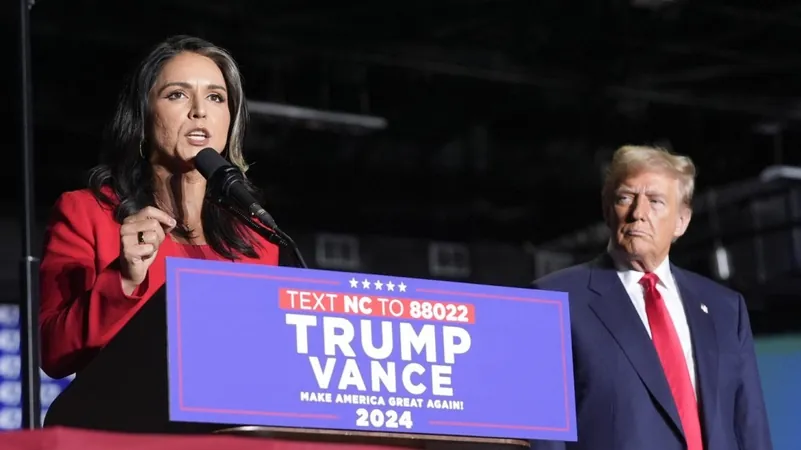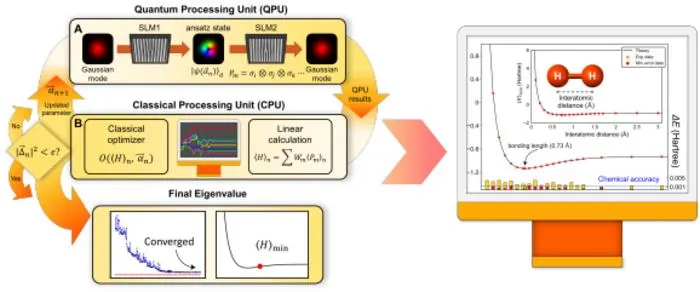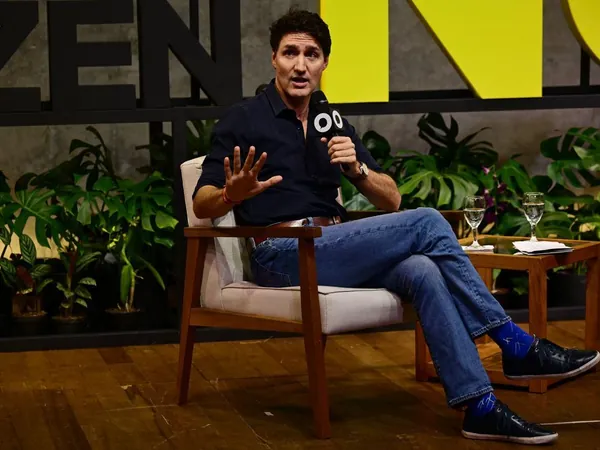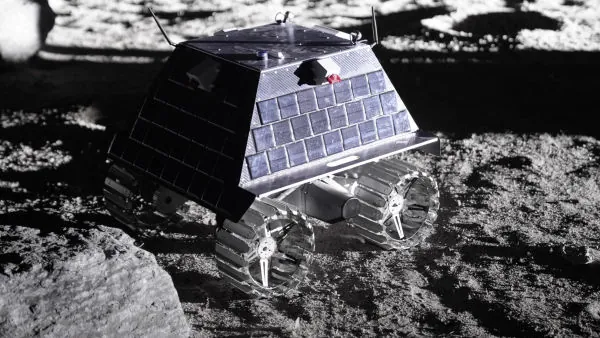
Tulsi Gabbard's Controversial Russia Ties Raise Concerns as Trump Nominates Her for Intelligence Role
2024-11-17
Author: Emily
Tulsi Gabbard's Controversial Russia Ties Raise Concerns as Trump Nominates Her for Intelligence Role
WASHINGTON - Tulsi Gabbard, the newly elected President Donald Trump's choice to head the U.S. intelligence community, has come under fire for her past sympathetic remarks towards Russia. In 2022, she endorsed a key aspect of Russia's rationale for invading Ukraine, which included allegations of U.S.-funded biolabs in Ukraine purportedly working on dangerous pathogens. Moscow has claimed that these labs were designed to produce bioweapons that could be unleashed against Russia, justifying its military actions in Ukraine.
However, the reality is that these laboratories are intended for public health, aimed at controlling outbreaks and preventing biological threats. Gabbard, a military veteran and former congresswoman from Hawaii, later clarified that she was not accusing the U.S. or Ukraine of any malevolent activities, expressing concern primarily about the security of these labs.
Despite her explanations, critics in the U.S. – spanning both major political parties – view her comments as alarming and reminiscent of Russian propaganda. Gabbard's comments have even been praised by Russian state media, which complicates her nomination as national intelligence chief.
Her past interactions with figures like Syrian President Bashar Assad, a staunch ally of Russia, have stirred significant scrutiny. Gabbard's approval of Trump's relations with authoritarian leaders raises further questions about her commitment to U.S. national interests. Lawmakers, including Senator Elizabeth Warren, warn that her potential confirmation could pose a serious risk to U.S. intelligence operations, citing concerns over her perceived alignment with Russian interests.
Furthermore, Gabbard has criticized U.S. military support for Ukraine, arguing that such assistance exacerbates global tensions, while also labeling Ukrainian President Volodymyr Zelenskyy as corrupt. She suggested that the ongoing conflict could have been avoided if the Biden administration had acknowledged Russia's security concerns earlier.
Former national security advisor John Bolton expressed serious reservations about Gabbard’s loyalty and effectiveness, comparing her influence on Trump's administration to a "hand grenade." Amid these tensions, America's allies are closely monitoring the situation, concerned about the potential ramifications for intelligence sharing, especially within the Five Eyes alliance – a coalition comprising the U.S., the UK, Canada, Australia, and New Zealand.
Gabbard's statements have drawn particular attention in Moscow, where she has been referred to in state-controlled media as a "superwoman." This has sparked suggestions from Ukrainian intelligence that she may be perceived as an agent for Russian interests.
As debates over her nomination intensify, her past relations with Russia and her views on international security will undoubtedly be central topics. Senators, including Republican John Cornyn, have expressed the desire to scrutinize her comments during the confirmation hearings but still maintain that Gabbard is a patriot due to her military service.
As the situation unfolds, the stakes are high for Gabbard and for the U.S. intelligence community, with implications that could reshape America’s standing on the global stage in an era of rising geopolitical tension.









 Brasil (PT)
Brasil (PT)
 Canada (EN)
Canada (EN)
 Chile (ES)
Chile (ES)
 España (ES)
España (ES)
 France (FR)
France (FR)
 Hong Kong (EN)
Hong Kong (EN)
 Italia (IT)
Italia (IT)
 日本 (JA)
日本 (JA)
 Magyarország (HU)
Magyarország (HU)
 Norge (NO)
Norge (NO)
 Polska (PL)
Polska (PL)
 Schweiz (DE)
Schweiz (DE)
 Singapore (EN)
Singapore (EN)
 Sverige (SV)
Sverige (SV)
 Suomi (FI)
Suomi (FI)
 Türkiye (TR)
Türkiye (TR)